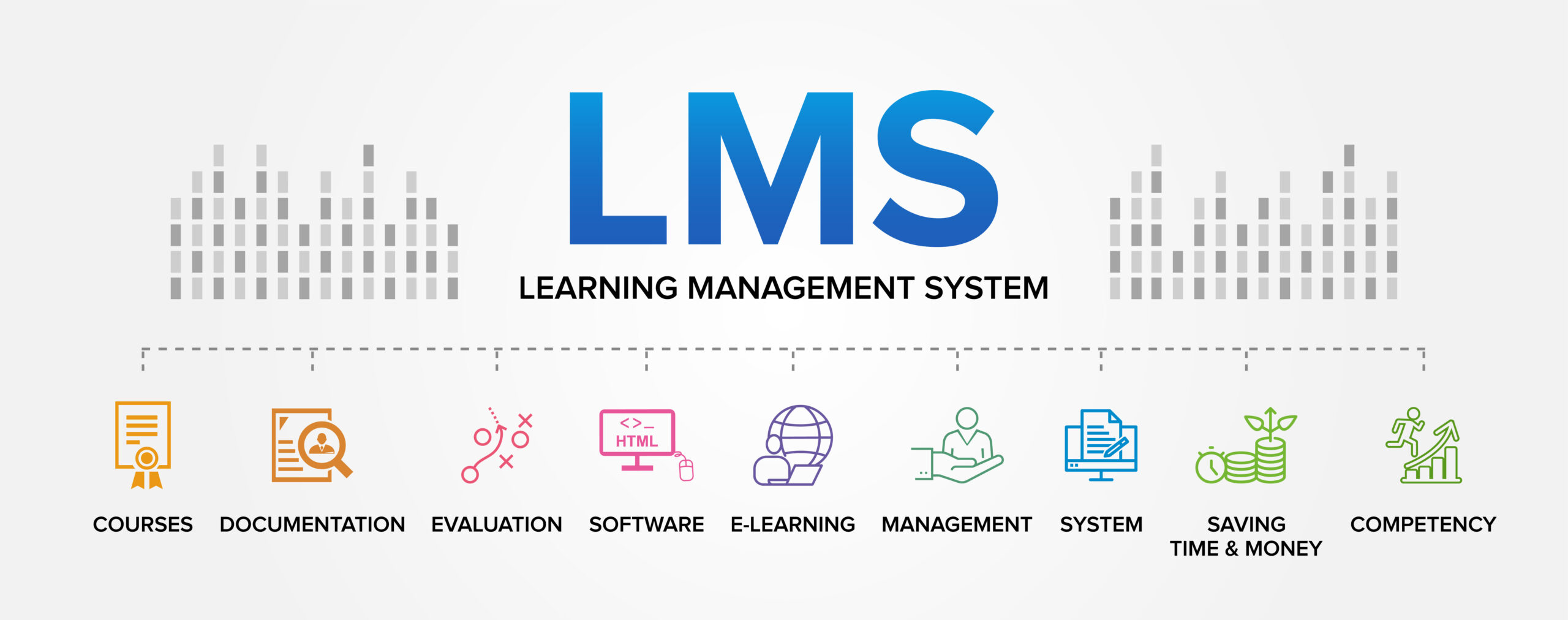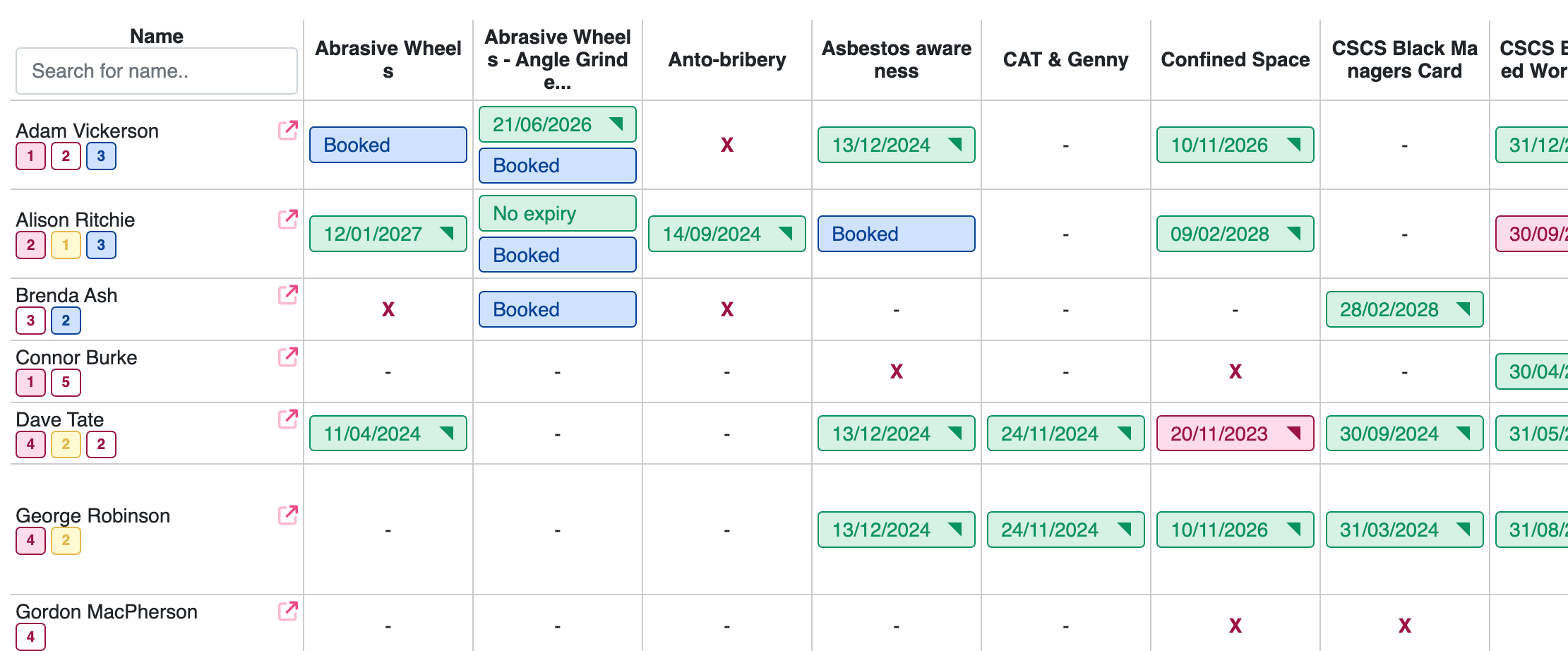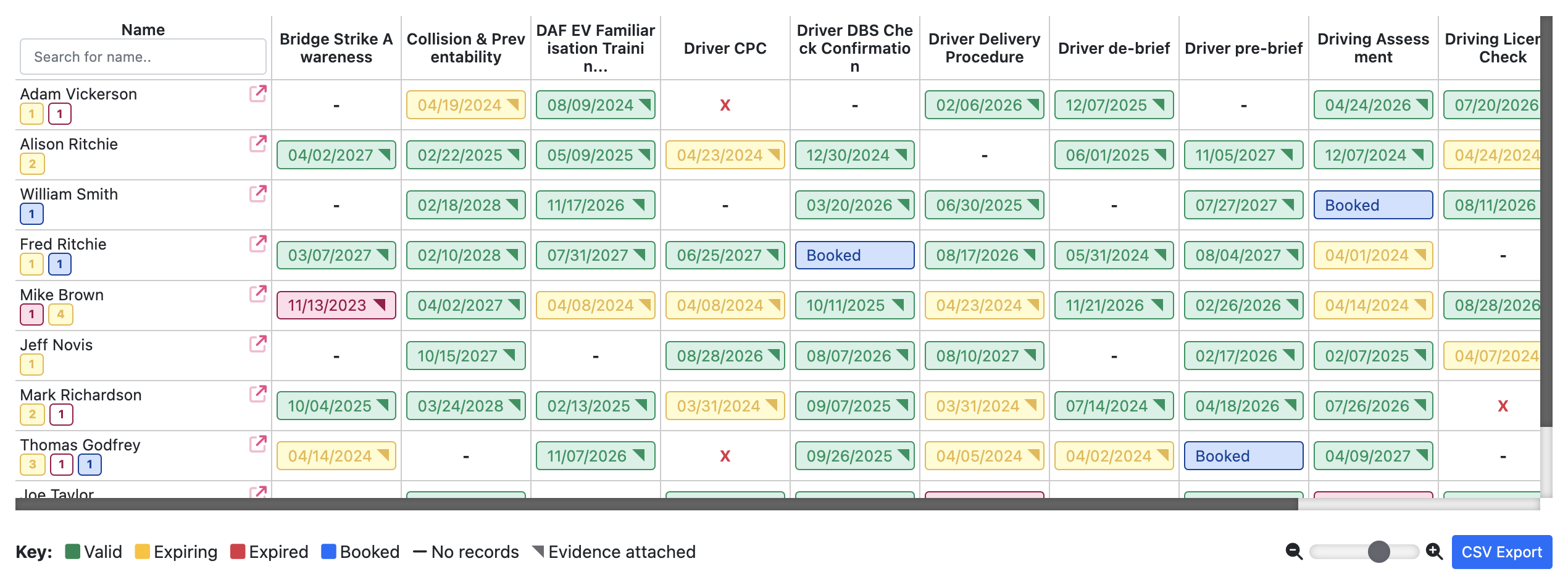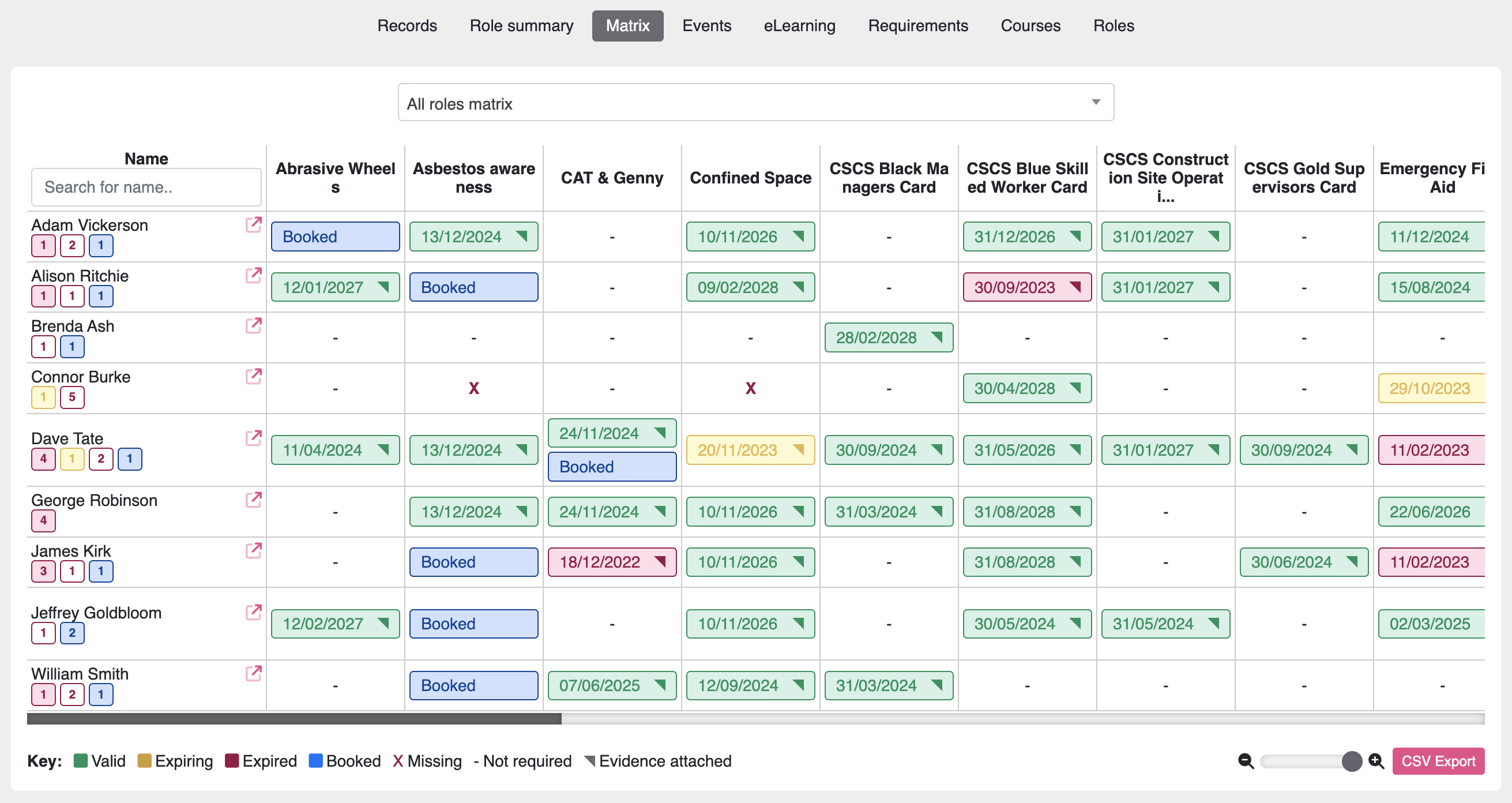What is an Enterprise Learning Management System?
An Enterprise Learning Management System (LMS) is a dynamic software platform designed to streamline the training and development process within large organizations. This sophisticated system serves as a comprehensive solution for managing, delivering, and tracking employee training programs at scale.
Key Features of an Enterprise Learning Management System:
- Centralized Training Repository: An Enterprise LMS acts as a centralized hub for all learning materials, making it easy for employees to access training resources from anywhere, at any time.
- Scalability: These systems are built to accommodate the growth of an organization, allowing for seamless addition of new users and content without performance hitches.
- Advanced Reporting and Analytics: With robust analytics, HR managers and trainers can monitor progress, engagement, and completion rates, facilitating informed decisions about future training needs.
- Customization and Branding: Enterprise LMS platforms offer extensive customization options to align with company branding and tailor the learning experience to specific departmental needs or individual learning paths.
- Compliance Management: They ensure compliance with industry regulations by scheduling necessary certifications and training for employees, complete with automated reminders and tracking.
- Integration Capabilities: A top-tier Enterprise LMS can integrate with other HR systems and software, creating a seamless flow of data across platforms.
Benefits of Implementing an Enterprise LMS:
- Enhanced Learning Experience: Interactive features like gamification, social learning, and mobile compatibility contribute to a more engaging and effective learning experience for employees.
- Efficiency and Cost-Reduction: By automating administrative tasks and reducing the need for in-person training sessions, organizations save time and reduce training costs.
- Data-Driven Insights: Access to learning analytics helps in understanding the effectiveness of training programs and in making data-driven improvements.
- Regulatory Compliance Assurance: It simplifies the complexity of staying compliant with various industry regulations, mitigating the risk of non-compliance penalties.
For organizations aiming to foster a culture of continuous learning and professional growth, an Enterprise Learning Management System is not just a tool but an essential asset that propels both individual and organizational success.
In today’s disruptive business environments, Learning & Development teams must ensure that the workforce is equipped with the right skills, which are critical at all organizational levels. Leadership skills like navigating complexity and accelerating talent development are key to real innovation and change.
Harvard Business Publishing
By integrating this technology, companies are empowered to create a more knowledgeable workforce that can adapt to the rapidly changing demands of the global market, ensuring they remain competitive and agile in today’s fast-paced business environment.

Streamlined Training Process with an Enterprise Learning Management System
One of the main benefits of an enterprise LMS is that it streamlines the training process. With an LMS, all training materials and courses can be stored in one central location, making it easy for employees to access and complete their training. This eliminates the need for physical training materials and reduces the time and resources needed for training.
Customizable Training Programs
An enterprise LMS allows companies to create and customize training programs that are specific to their industry and business needs. This means that employees can receive training that is relevant and tailored to their job roles, ensuring that they have the necessary skills and knowledge to perform their duties effectively.
Improved Employee Performance
By providing employees with access to a variety of training materials and courses, an enterprise LMS can help improve their performance. With the ability to track progress and completion rates, managers can identify areas where employees may need additional training and provide targeted support to help them improve.
Cost-Effective
Implementing an enterprise LMS can also be a cost-effective solution for companies. With traditional training methods, companies often have to spend money on materials, instructors, and travel expenses. With an LMS, all training can be done online, eliminating the need for these additional costs.
Easy Integration with Enterprise Learning Management Systems
An enterprise LMS can easily integrate with other systems and software used by a company. This means that training data can be synced with other HR systems, making it easier to track employee progress and performance. This also allows for a more seamless training experience for employees, as they can access training materials through the same platform they use for other work-related tasks.
Increased Employee Engagement
An enterprise LMS can also help increase employee engagement with training. With interactive and engaging training materials, employees are more likely to stay focused and retain the information being presented. This can lead to a more knowledgeable and skilled workforce, ultimately benefiting the company as a whole.
Training Management

A Training Management System (TMS) like Moralbox enhances the functionality of an Enterprise Learning Management System (ELMS) by bringing in a sophisticated training matrix. This matrix is pivotal in organizing and visualizing employee competencies and identifying training gaps. It enables HR teams to tailor training programs to specific roles within the company, monitor progress, and ensure that all employees meet the required standards of skill and compliance. The training matrix serves as a strategic tool in aligning employee development with organizational goals, ensuring that investment in training translates into tangible business results.
Conclusion
In today’s digital age, implementing an enterprise learning management system is essential for companies looking to improve their training efforts. With streamlined processes, customizable training programs, and increased employee engagement, an Enterprise Learning Management System can help companies save time and resources while also improving employee performance. So, if you haven’t already, consider implementing an enterprise LMS for your organization and reap the benefits it has to offer.
Have you implemented an enterprise LMS in your company? How has it improved your training efforts? Let us know in the comments.
Further Reading
SkillQ offers a comprehensive guide that delves into the facets of enterprise learning platforms, including open-source options, microlearning, mobile learning, and accessibility. They emphasize the importance of features like real-time and historic data analytics, easy deployment, and proactive support which are crucial for large organizations to effectively manage their learning and development initiatives. This guide also touches upon the cost-effectiveness and flexibility of open-source ELPs and the community support they garner SkillQ Guide to Enterprise Learning Platforms.
Harvard Business Publishing discusses three significant trends in enterprise learning, focusing on the importance of skills, evolving learning platforms, and content delivery challenges. They emphasize the need for leadership skills, manager effectiveness, business transformation, leadership pipeline, and a culture of learning. https://www.harvardbusiness.org/three-trends-in-enterprise-learning/
John is our co-founder and is responsible for software design and development and loves helping people solve problems using innovative software.


